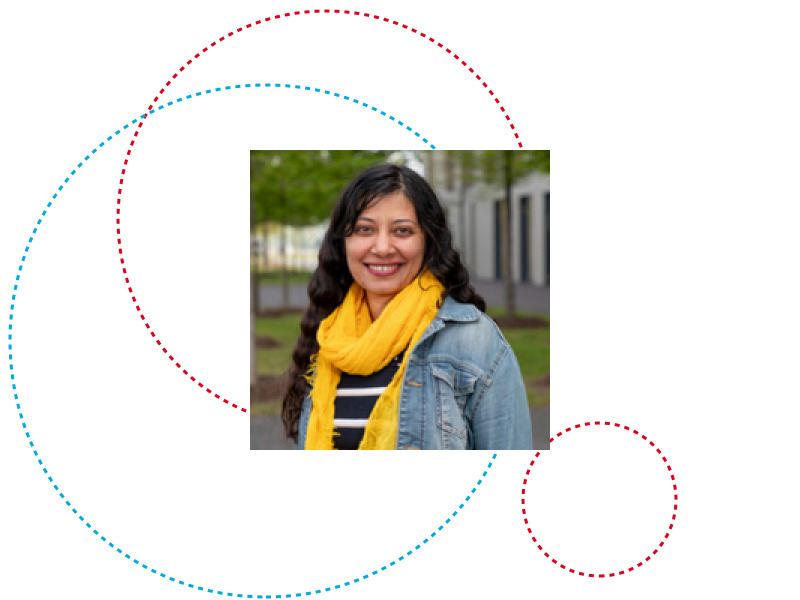We’re happy to welcome you to the PhD defence of Najmeh Soroush (APSIA group) on 22 March 2022 at 14:00.
The event will take place digitally on WebEx. Click here to join.
You can also join the event in room MNO-1.030.
Please be informed that Webex events are not accessible on Linux OS.
Members of the defense committee:
- Prof. Dr Gabriele LENZINI Université du Luxembourg, Chair
- Dr Peter ROENNE Polish Academy of Sciences, Vice-chair
- Prof. Dr Peter Y A RYAN Université du Luxembourg, Member Supervisor
- Prof. Dr Olivier PEREIRA Université Catholique Louvain (UCL) , Member
- Prof. Dr Ivan VISCONTI University of Salerno, Member
Abstract:
In the first part, we study the functional encryption scheme. In the standard setting of functional encryption, we assume both the Central Authority and the encryptors to run their respective algorithms faithfully. However, in the case of dishonest parties, the security of the cryptosystem may be violated. It means that dishonest parties can cause inconsistent results which may not be detected. We improve on this situation by constructing the first efficient verifiable Inner Product Encryption that satisfies unconditional verifiability, whereas privacy relies on the standard assumption.
The second part of this thesis presents my research on e-voting protocols. We revisit the coercion-resistant e-voting protocol by Juels, Catalano and Jakobsson and, particularly, the attempts to make it usable and practical. We present a hardware-independent protocol that can be implemented using a combination of a digitally stored cryptographic length key and a PIN only known by the voter. The long credential could be stored in several places or hidden via steganography.
At the ballot casting phase, the software will input the digital key and the password to form the credential submitted with the vote. Depending on the level of coercion, the coerced voter can either fake the long credential or, for stronger levels of coercion, the voter can reveal the digitally stored credential to the coercer but fake the PIN. Due to our improved tally, the coercer will not know if he got faked credentials or PINs.
On the other hand, since the voter memorizes the PIN is a high chance of users making a PIN typo error which will invalidate the vote and remain undetected. Note that naively giving feedback on the correctness of the PIN is not possible for coercion-resistance as it would allow the coercer to check whether he got a fake PIN or not. Instead, we will define a set of allowed PIN errors (e.g., chosen by the election administrator). We will consider a ballot valid if it has a correct PIN or an allowed PIN error but invalid for other PINs. At the tally phase, we construct protocols that secretly check whether a given PIN is in the set of allowed PINs and will sort out invalid ballots.
